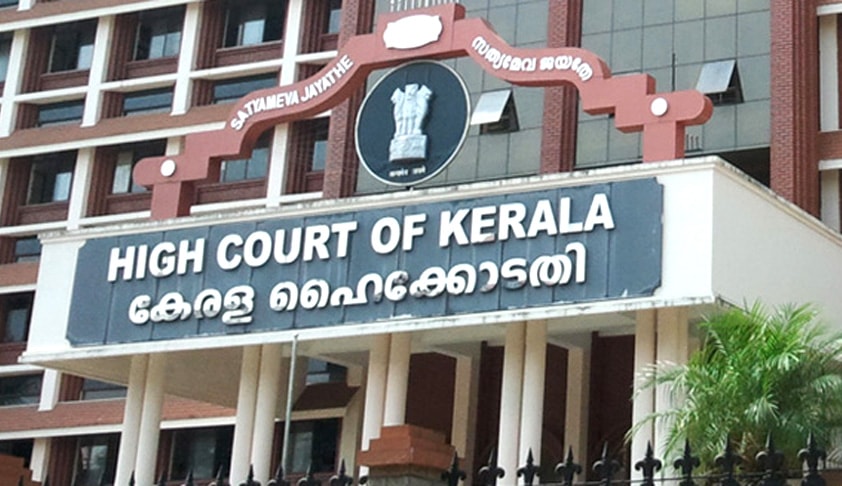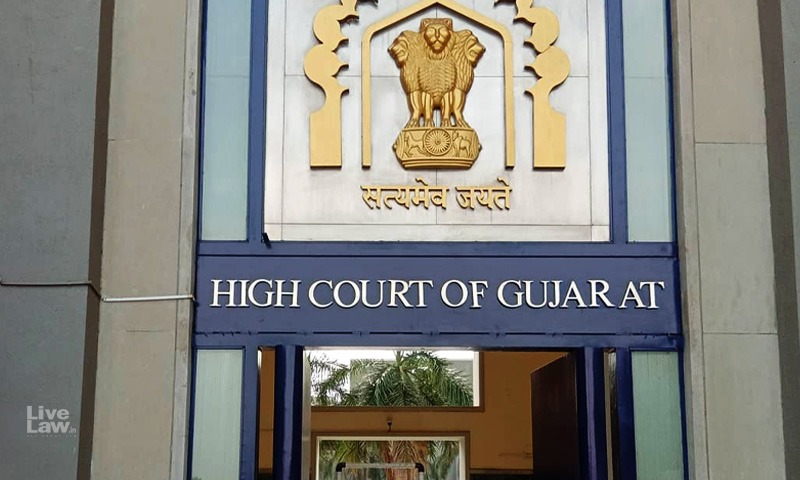Pankaj Mithal, J.@mdashThe substantial question of law arising in this appeal is whether any term or condition which has otherwise been proved to have been accepted by the parties but not incorporated in the agreement duly executed can be read into the agreement without seeking its rectification.
2. The plaintiff instituted original suit for perpetual injunction restraining the defendants from realising "line rental charges" in respect of an electric connection sanctioned to it for running straw board manufacturing industry. The suit was brought on the ground that an electric connection was sanctioned and granted to the plaintiff by the defendants under a written agreement dated 2.2.1965 (Ext.-2). The said agreement does not contain any term or condition therein that the plaintiff will be liable to pay any "line rental charges" and that no such term or condition for payment of the same was ever agreed upon between the parties. The defendants on 19.9.68 through the Executive Engineer (Maintenance) demanded "line rental charges" from the plaintiff at the rate of Rs. 151.26 per month with effect from 15.5.65, total amounting to Rs. 6126.30. Thereafter, further demands of "line rental charges" at the increased rate were raised from time to time. All such demands are unlawful.
3. Apart from other issues, two issues touching the merits of the case were framed. First, whether the payment of "line rental charges" was agreed upon between the parties and it could not be mentioned in the agreement dated 2.2.65 due to mistake; and the other whether the defendants are not entitle to claim "line rental charges" as alleged or they are entitle to rectification of the agreement as claimed. The defendants admitted that the condition imposing liability to pay "line rental charges" upon the plaintiff was left out to be incorporated in the agreement but in effect the same was agreed upon and was accepted and, ... therefore, the plaintiff is obliged to pay the same and the demand raised in this connection is not illegal.
4. The Courts below concurrently held that the agreement dated 2.2.65 (Ext. 2) entered into between the parties, admittedly, does not contain any term and condition regarding payment of "line rental charges" by the plaintiff. However, it was found that the terms and conditions contained in the letter dated 23.1.64 were accepted by the plaintiff which provided that it shall be liability of the plaintiff to pay either the installation charges or the "line rental charges" but the said condition could not be mentioned in the written agreement due to mutual mistake on the part of the parties and, therefore, in effect, the plaintiff having accepted to pay the "line rental charges", is liable to pay the same and the agreement stands rectified to the above extent.
5. The suit as well as the appeal of the plaintiff with the aforesaid findings were dismissed by the courts below. Therefore, the plaintiff has come up in this second appeal.
6. I have heard Sri K.B. Dixit, learned Counsel for the plaintiff/appellant. No one appeared for the respondents on either of the dates on which the appeal was called out and taken up for hearing despite the list being revised and the name of the counsel for respondents printed in the cause list.
7. Sri K.B.Dixit, learned Counsel for the appellant has submitted that the courts below were not justified in going beyond the terms and conditions contained in the agreement and in holding the plaintiff to be liable for payment of "line rental charges".
8. To answer the above question formulated, in the given facts and circumstances, it is appropriate to consider the provisions of Section 91 and 92 of the Indian Evidence Act, 1872 along with Section 26 of the Specific Relief Act, 1963.
9. Section 91 of the Indian Evidence Act provides that when the terms of a contract have been reduced to writing whether or not required by law to be in writing, no evidence shall be given in proof of the terms of such agreement, ft except the document itself. Thus, the terms of an agreement which is in writing can only be proved by the production of the document and not by any other evidence. This common law rule is based upon the general principle that if oral or other evidence is allowed it would defeat the very object of reducing the agreement to a written form. On the other hand, Section 92 of the Evidence Act provides that where the terms of any such agreement have been proved by the production of the document itself no oral evidence shall be admitted, as between the parties to the agreement or their representatives, for the purposes of contradicting, adding to or subtracting from, any condition from its terms. In other words, this Section prohibits adducing of evidence between the parties or their representatives to the agreement but permits others to lead evidence for the purpose of varying the terms and conditions of any such agreement. Now there are certain exception to the rule contained in Section 92 of the Evidence Act and thus even the parties to an agreement or their representatives are allowed to lead evidence to contradict or vary the terms of such agreement in the circumstances enumerated in proviso (1) to (6) of the very Section. One such exception as contained in proviso (1) permits the parties to the agreement, to prove a mistake in fact or law in reducing the agreement to writing which may result in invalidating the agreement itself.
10. The legal position which emerges from the combine reading of both Sections 91 and 92 of the Evidence Act is that though as a general rule documentary evidence excludes the oral one as between the parties to the document or agreement but they are permitted to adduce evidence to contradict or vary the terms of the agreement, inter alia, on one of the grounds where due to mistake of fact or law the agreement as a whole would be affected and rendered invalid and not otherwise.
11. In the instant case, by oral or other documents, it has clearly been proved that the said agreement was executed in pursuance to the acceptance of the letter dated 13.1.65 which contains the said term and condition. Therefore, the courts below found that the term and condition with regard to the payment of "line rental charges" was duly agreed upon between the parties, but the same was omitted by mutual mistake from being incorporated in the agreement dated 2.2.65.. However, there is no finding by any of the court that such omission by mistake would result in invalidating the agreement. Therefore, in my view, the provisions of Section 92 of the Indian Evidence Act would not come to the rescue of the defendants and evidence adduced in this connection would not over ride the terms and conditions of the agreement.
12. Now Section 26 of the Specific Relief Act provides and empowers the court to rectify an instrument/document of an agreement in its discretion provided it is proved that the instrument in question does not fully expresses the intention of the parties and that such intention has been omitted to be incorporated through a mutual mistake of the parties.
13. Section 26(4) of the Specific Relief Act, in no uncertain terms, states that no relief for rectification of a mistake shall, be granted to any party unless it has been specifically claimed and, if any such claim in this regard has been pleaded, the court is competent to allow amendment in the pleading so as to include such a claim for rectification.
14. I have carefully gone through the entire pleadings, especially the written statement of the defendants. The defendants in the written statement have only pleaded that "line rental charges" were to be levied from the date of energisation of the connection i.e. 15.5.65 but the same could not be charged in the monthly consumption bill due to mistake and oversight. The defendants nowhere pleaded that the term and condition with regard to liability of the plaintiff to pay "line rental charges" was left out by mistake from being incorporated in the agreement. No amendment, at any point of time, in the written statement was ever sought or allowed. Thus, there are no pleadings claiming any rectification of the agreement dated 2.2.65.
15. In absence of any pleading claiming rectification in the agreement, as envisaged u/s 26 of the Specific Relief Act, the courts below erred in proceeding to decide the suit and appeal on the assumption that the defendants have set up a counter claim for such rectification in the agreement. It may not be out of context to mention that a counter claim under the provisions of Order 8 Rule 6-A of the CPC only can be brought about in three modes prescribed viz. (i) by pleadings in the written statement; (ii) by amendment of the written statement and (iii) by way of subsequent pleading under Order 8 Rule 9 with leave of the court. (See
16. In view of aforesaid factual and legal position, the courts below manifestly erred in law in proceeding to decide the instant suit as if the defendants have set up a counter claim u/s 26 of the Specific Relief Act and in holding, therefore, that as the plaintiff had earlier accepted to pay the "line rental charges", he is liable to pay the same, even if such a condition is not included in the written agreement dated 2.2.65. The entire premise on which the judgment and orders have been rendered by the courts below is not born out by the pleadings, i.e. written statement. Therefore, in my view, the condition for payment of line rental charge, even if accepted by the plaintiff, cannot be read as part of the agreement and cannot be enforced against the plaintiff and the agreement not liable to treated as rectified.
17. Therefore, I set aside the judgment, order and decree dated 24.4.76 passed by Ist Additional District and Sessions Judge, Mainpuri in Civil Appeal No. 168 of 1974 and dated 23.11.1974 passed by Civil Judge, Mainpuri in Original Suit No. 18 of 1973 and grant the decree of permanent injunction restraining the defendants from raising any demand of "line rental charges" and to realise the same as against the plaintiff without getting the agreement rectified. The suit is decreed for perpetual injunction as prayed for.
18. The appeal is allowed. Costs upon the parties.

